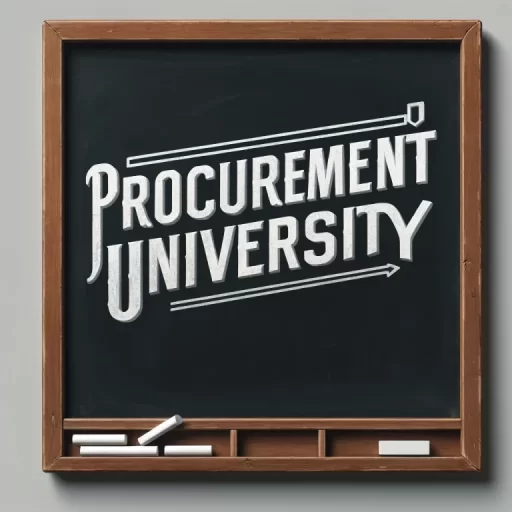Procurement 101: Understanding the Essentials of Procurement in Supply Chain Management
In the intricate web of supply chain management, procurement plays a vital role in ensuring the seamless flow of goods and services from suppliers to end customers. Let’s delve into the fundamentals of procurement, its benefits, and its significance within an organization’s supply chain.
What is Procurement?
Procurement encompasses the process of acquiring goods, services, or works from an external source, typically through purchasing or contracting. It involves everything from identifying suppliers and negotiating contracts to managing supplier relationships and ensuring timely delivery of goods or services. Procurement is not just about buying; it’s about strategic decision-making to obtain the best value for an organization while considering quality, cost, delivery, and other factors.
However, it’s essential to note what procurement isn’t. Procurement isn’t merely about purchasing at the lowest cost. It’s about optimizing value and mitigating risks across the entire supply chain. It involves strategic thinking, collaboration with stakeholders, and adherence to ethical and regulatory standards.
Why is Procurement Beneficial?
Procurement offers several benefits that contribute to an organization’s overall success:
1. Cost Savings: Effective procurement strategies can lead to cost savings through negotiations, supplier consolidation, and volume discounts.
2. Quality Assurance: Procurement ensures that goods and services meet the required quality standards by selecting reputable suppliers and implementing quality control measures.
3. Risk Management: Procurement helps identify and mitigate risks associated with supply chain disruptions, supplier reliability, and compliance issues.
4. Innovation and Collaboration: By fostering relationships with suppliers, procurement can facilitate innovation, foster collaboration, and drive continuous improvement initiatives.
5. Compliance and Ethics: Procurement ensures that all transactions adhere to legal and ethical standards, preventing issues such as fraud, corruption, or environmental violations.
How Does Procurement Make a Difference in an Organization's Supply Chain?
The procurement function significantly impacts the efficiency and effectiveness of an organization’s supply chain in several ways:
1. Supplier Relationship Management: Procurement establishes and nurtures relationships with suppliers, fostering collaboration, and ensuring alignment with organizational goals.
2. Inventory Management: Effective procurement practices help optimize inventory levels, reducing carrying costs while ensuring timely availability of goods.
3. Strategic Sourcing: Procurement employs strategic sourcing techniques to identify the best suppliers, negotiate favorable terms, and minimize supply chain risks.
4. Cost Control: Procurement plays a crucial role in controlling costs by analyzing spending patterns, negotiating pricing agreements, and implementing cost-saving initiatives.
5. Flexibility and Adaptability: In a dynamic business environment, procurement enables organizations to adapt to changing market conditions, demand fluctuations, and supply chain disruptions effectively.
In conclusion, procurement is a cornerstone of successful supply chain management. By strategically managing supplier relationships, optimizing costs, and mitigating risks, procurement contributes to the overall competitiveness and resilience of an organization in today’s complex and dynamic marketplace.

